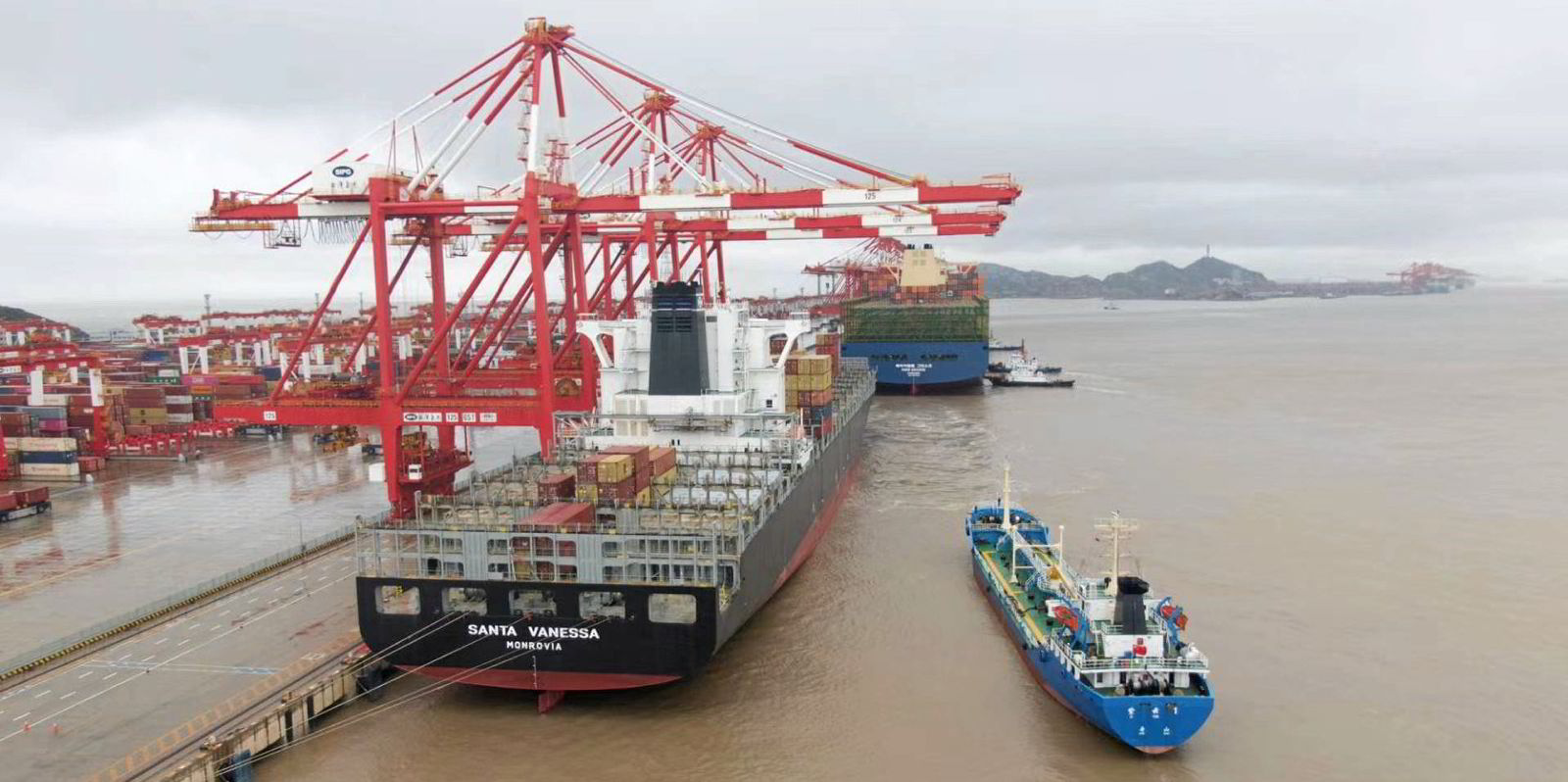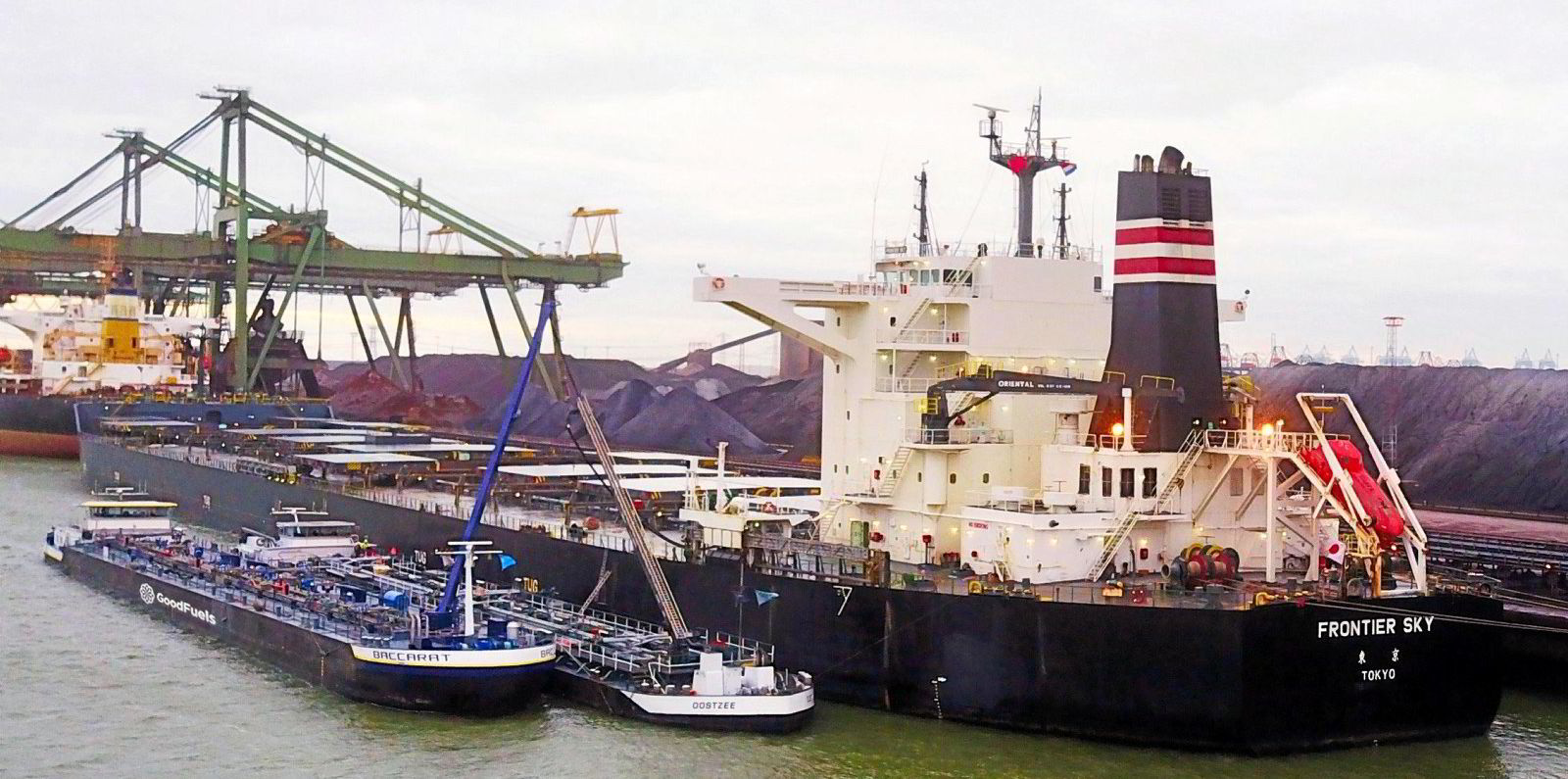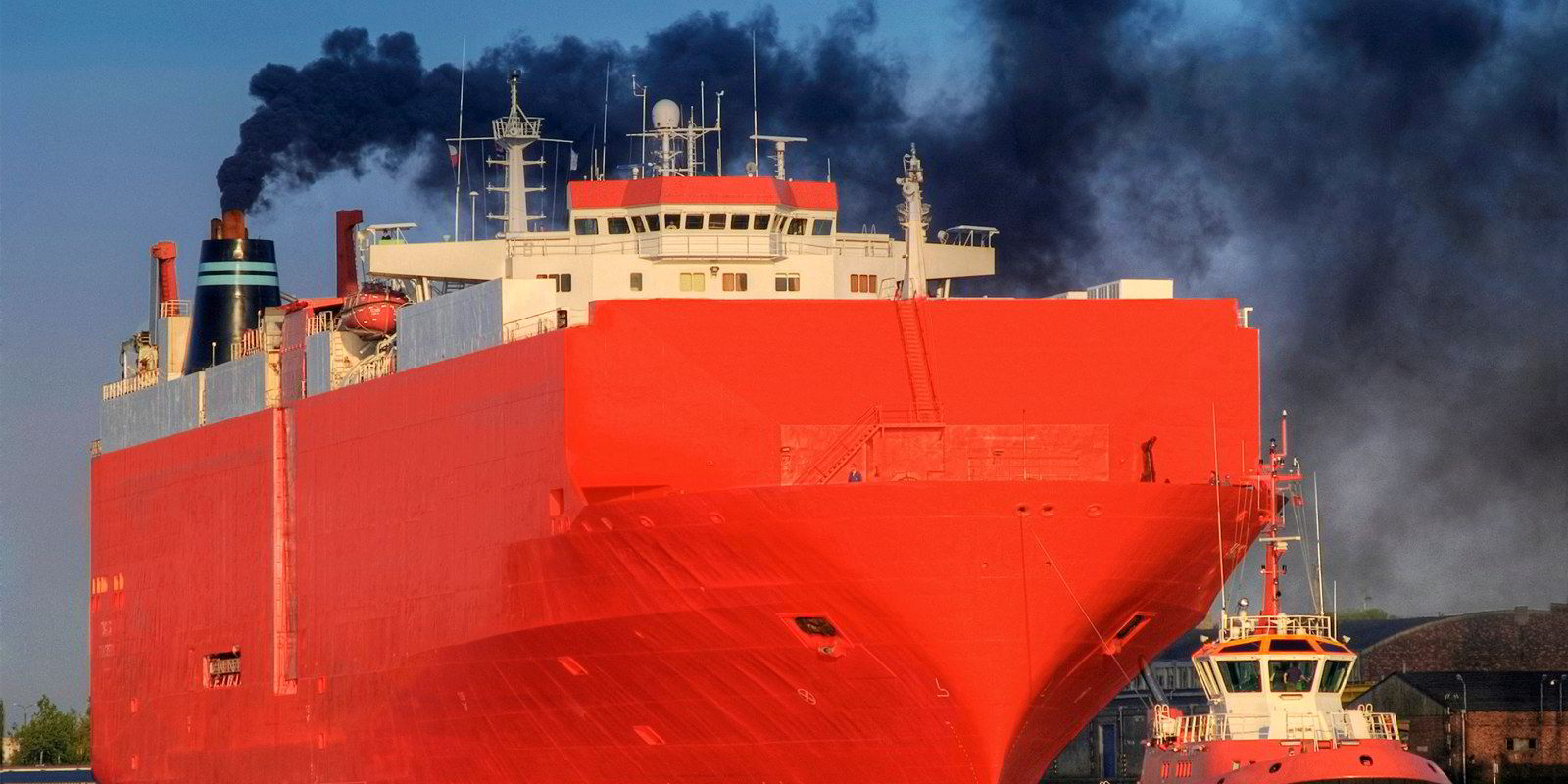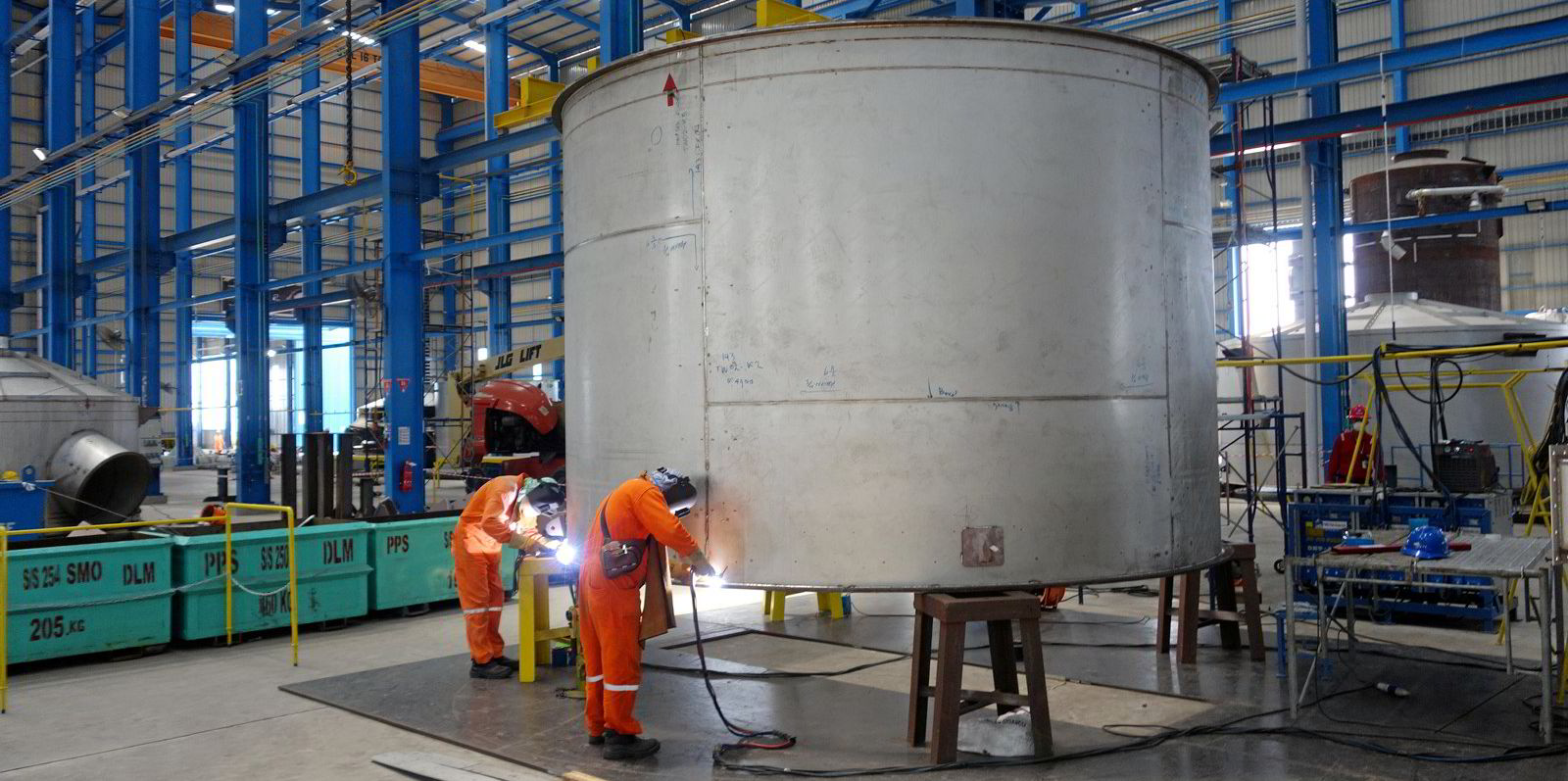IMO 2020-compliant very low-sulphur fuel oil (VLSFO) blends have been in use for more than a year, largely without incident. Yet we often see the same negative misconceptions, exaggerations and scaremongering crop up, as inaccurate or incomplete information is recirculated.
The International Bunker Industry Association has looked at some of the persistent negative claims about VLSFO, to separate fact from fiction.
They include references to VLSFOs as “Frankenstein fuels” that cause an increase in black carbon emissions, an overall deterioration in fuel quality and operational problems compared with the high-sulphur fuel oil (HSFO) blends that were the predominant fuel for the world fleet prior to 2020.
To meet the 0.5% sulphur limit, the blend recipes for VLSFO are different from HSFO. But let’s be clear: all oil-based marine fuels are blends of various refinery streams, and the blending process has two main targets — to meet ISO 8217 specifications and specific sulphur limits.
HSFOs and VLSFOs are created in the same way, but the components vary.
Referring to VLSFOs as “Frankenstein fuels” is scaremongering, as it implies that all VLSFOs are experiments gone wrong. It is time to put the Frankenstein allegory to rest.
A prevailing misunderstanding before 2020, and still today, is that there is no specification for VLSFO.
The fact is that VLSFOs — just like HSFOs — must be blended to meet ISO 8217 specifications to be commercially viable.
Maximum limits

Bunker fuel purchase contracts still require fuels to meet ISO 8217 specifications, mostly RMG 380, so VLSFOs will have to meet RMG 380 specifications in order to be placed on the market.
This sets maximum limits for parameters such as density, viscosity, catalyst fines, sediments, pour point and acid number, but fuels may test well below the upper limits. This has a significant impact on how the fuel should be handled on board the ship.
The committee in charge of ISO 8217 analysed testing data from fuels delivered to ships, gathered from most of the major testing agencies for the first half of 2020, and compared this with HSFO data for 2018.
This analysis shows that VLSFOs are much more variable than HSFO but have, on average, lower viscosity, lower density, lower microcarbon residue, a lower calculated carbon aromaticity index and higher net specific energy.
Managing VLSFO puts demands on ships’ crews due to wide variations in key handling characteristics, but as long as they are known, they can be managed. Crews also need to pay close attention to avoid co-mingling of different batches of fuel on board due to the risk of incompatibility.
These challenges are not new. The industry has known about them for decades, as they also apply to HSFOs, but the VLSFOs are more variable.
There have been incidents of VLSFOs causing operational problems, but nothing like the nightmares that had been predicted. Apart from a small share of VLSFOs being prone to sludging, which is a serious concern, the overall quality of VLSFOs has so far been better than HSFOs, with higher energy and better ignition and combustion properties.
Some people still seem to think VLSFOs cause an increase in emissions of black carbon compared with HSFO. This belief originated from a measurement study submitted to the International Maritime Organization in November 2019, investigating the potential link between aromatic content and black carbon emissions.
Black carbon emissions from pre-ordered 0.5% sulphur fuels with aromatic content ranging from 70% to 95% were compared with HSFO with 50% and marine gasoil with 20%.
It has been thoroughly documented by test data that the VLSFO specimens used in the measurement study were not representative of the fuels actually in the market. On the contrary, VLSFOs are less aromatic than HSFOs and more paraffinic in nature, and as such are expected to reduce the tendency to form black carbon emissions.
VLSFOs have provided an effective response to IMO 2020 and are the preferred option for most ship operators. We must not let ulterior motives or misconceptions cloud our judgement.
Of course, we should also not ignore — and should try to resolve — any real issues that arise.
Unni Einemo is director of the International Bunker Industry Association, a group of stakeholders in the marine fuels industry
Do you have an opinion to share? Email: news@tradewindsnews.com







